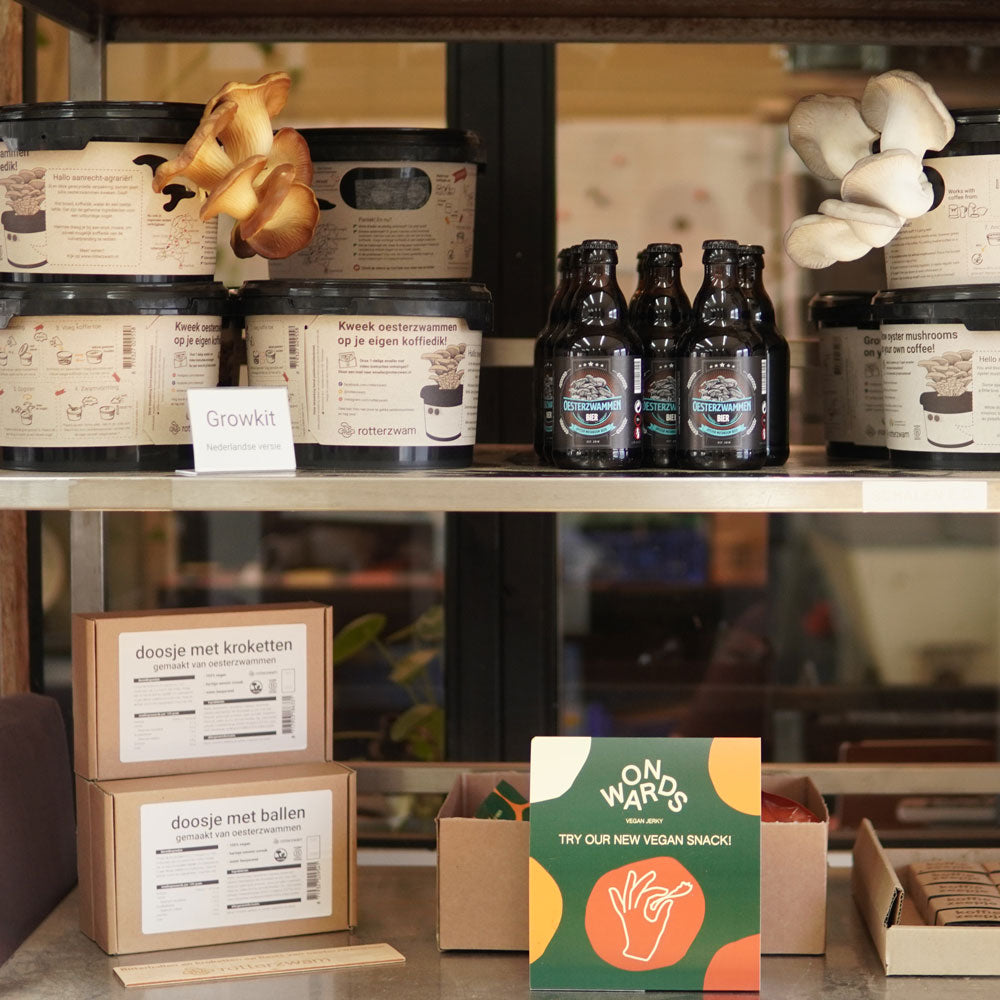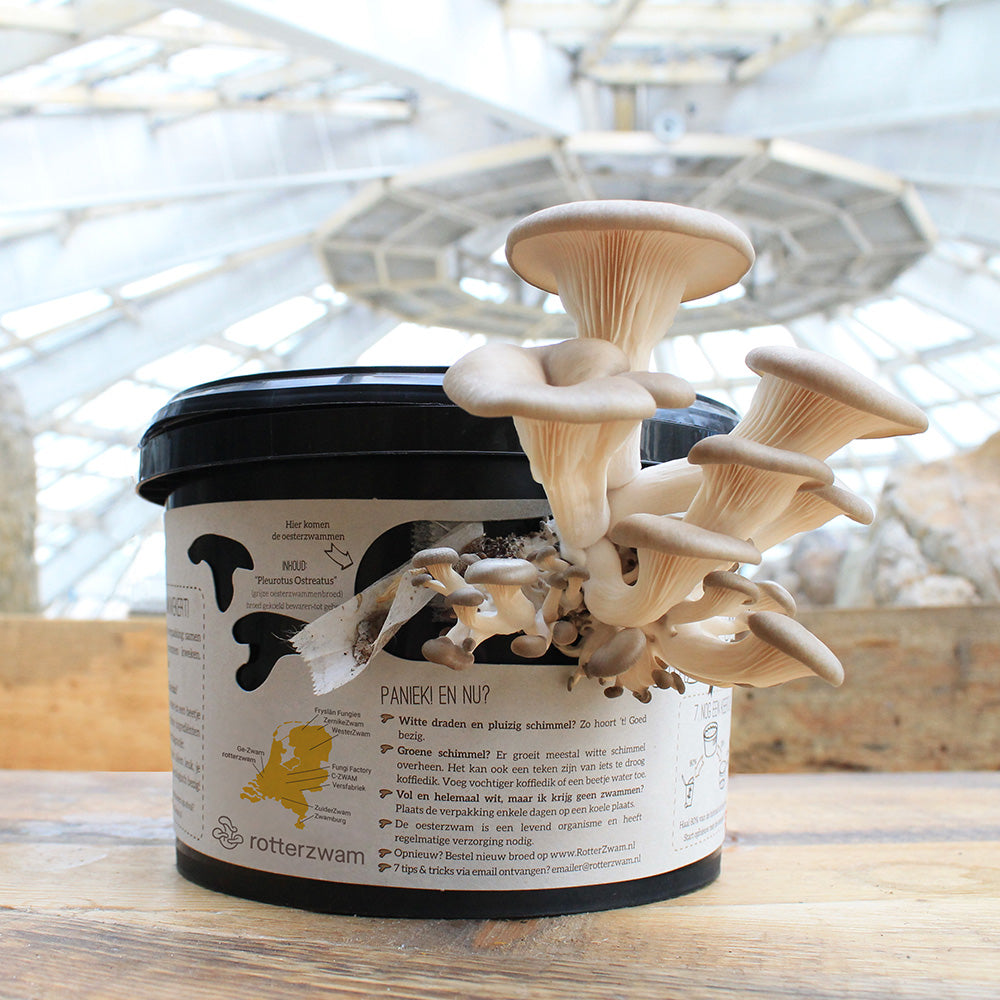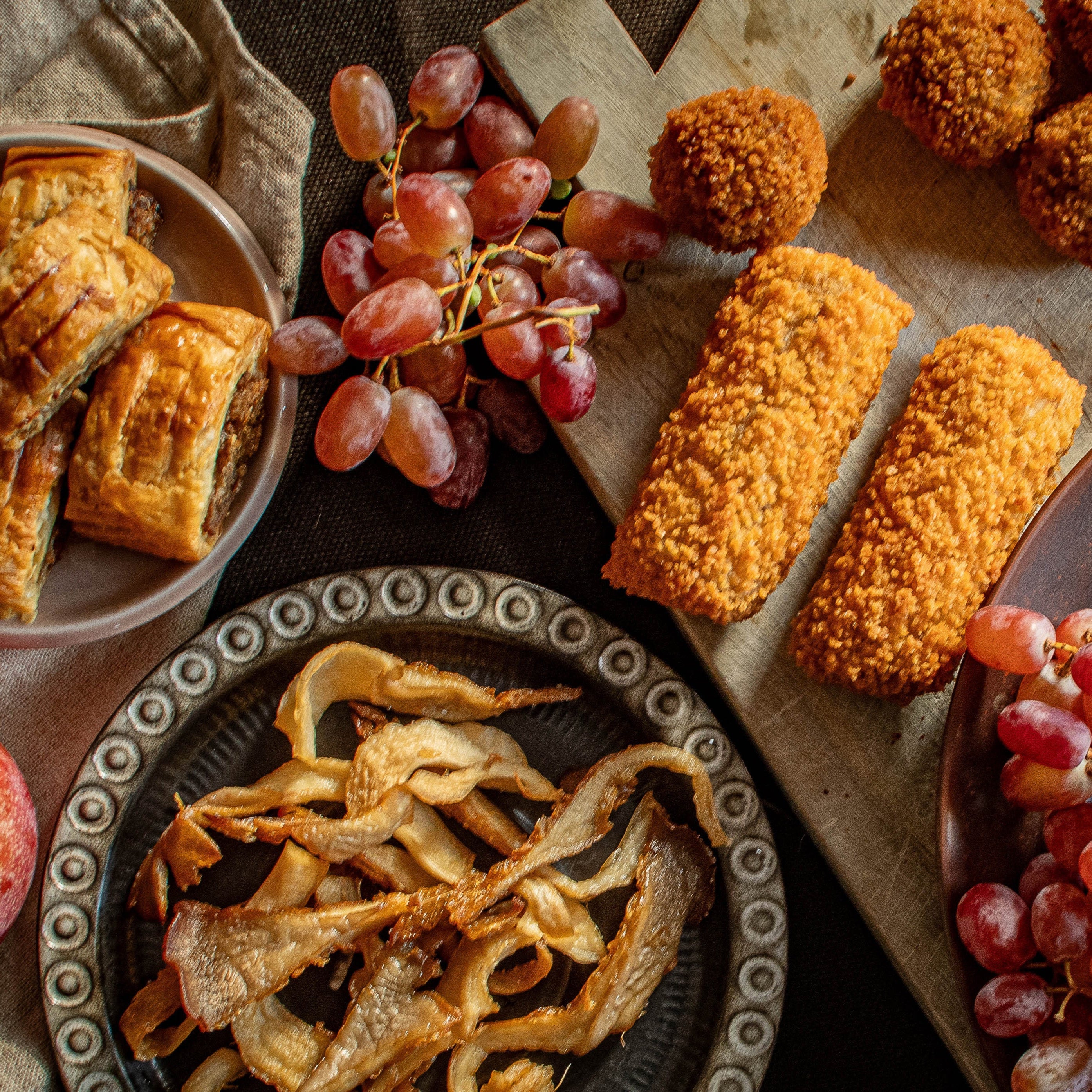- All posts
- Afvalwetgeving veranderen
- B Corp
- Bekroond circulair concept
- circulaire economie
- Circulaire paddestoelen Substraat Faciliteit
- Diensten presentatie
- Duurzaam cadeaupakket
- Impact rapportage's
- koffiedik collectie
- koffiedik inzamelen
- koffiedik ophalen
- MLN
- organische reststromen
- Product presentatie
- Recepten
- samenwerkingen
- stage
- Terug naar de bodem
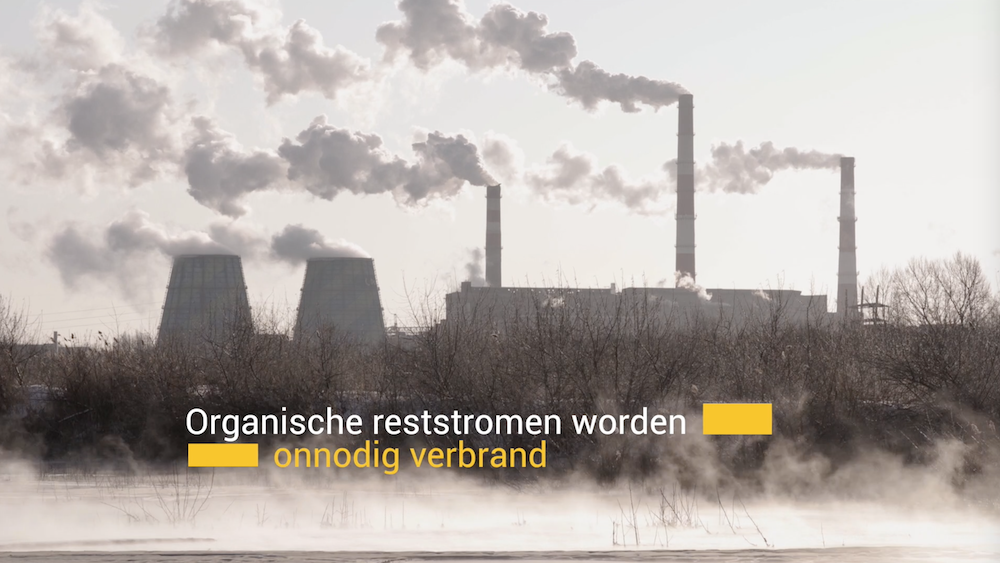
Coffee grounds against soil impoverishment
The Dutch drink approximately 40 million cups of coffee a day. This represents only 0.2% of the coffee bean. The rest remains as coffee grounds. Approximately 500,000 kg of coffee grounds and 33 t...
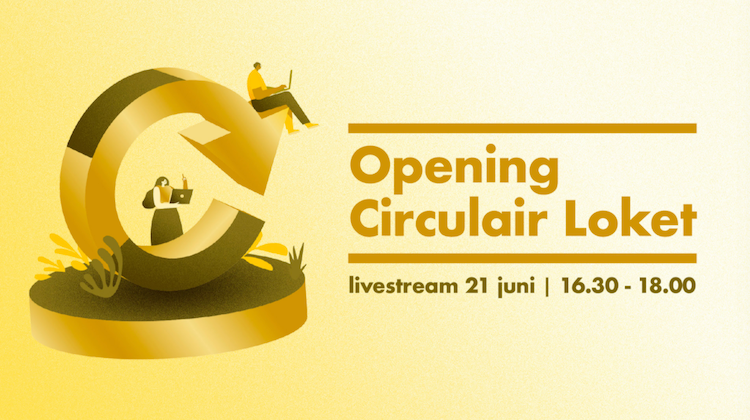
Finally, system change regarding waste legislation
Monday, June 21, 2021, was the day. Through BlueCity, the municipality of Rotterdam, in collaboration with DCMR Environmental Protection Agency Rijnmond, opened a Circular Counter where entrepreneu...
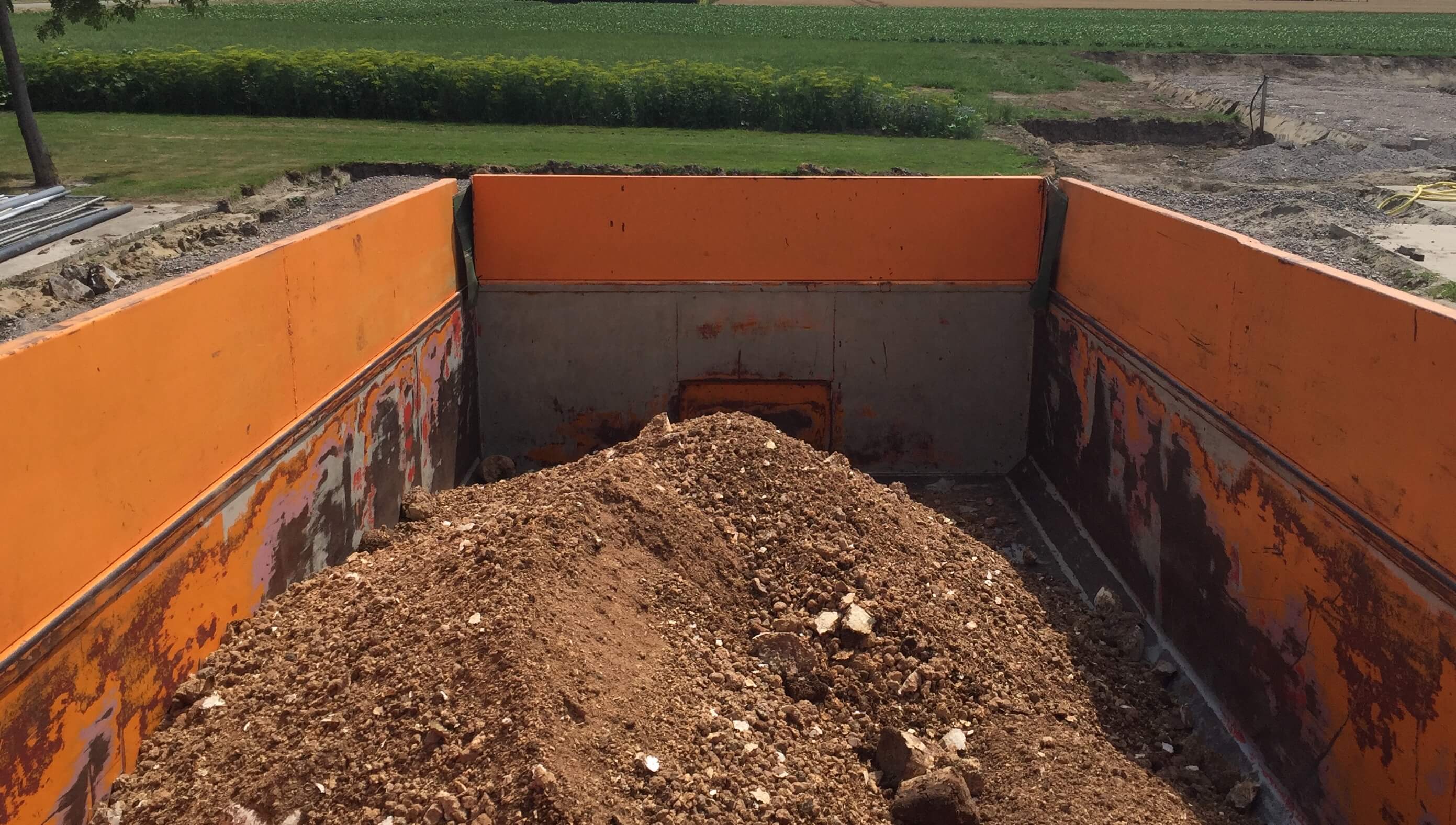
Organic waste flows on the soil: what are the legal implications?
This blog series is about our "Back to the Soil" project, in which we investigate whether various organic waste streams can be used as soil improvers in arable farming and how this can be legally a...
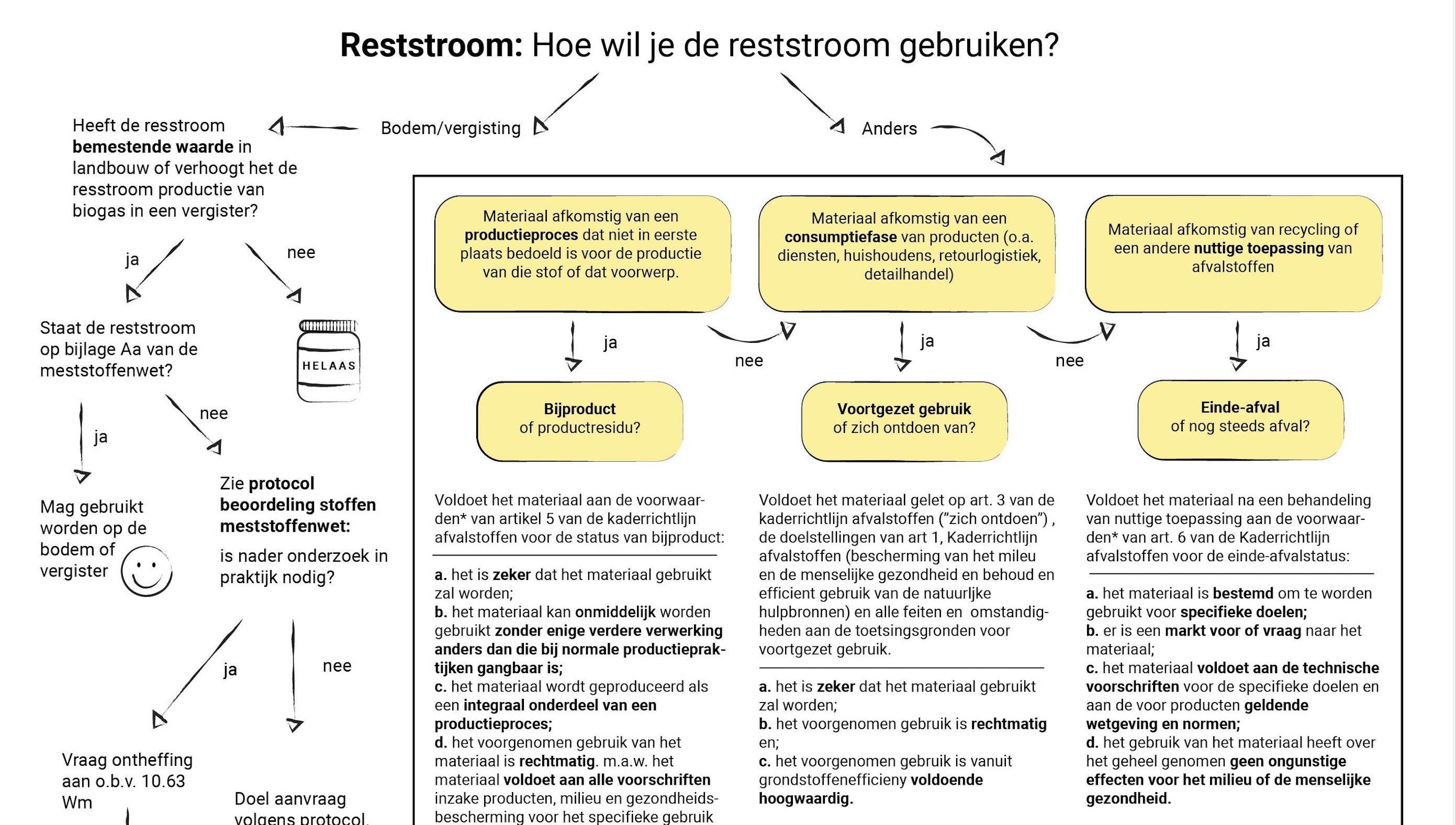
Waste legislation: what is waste?
This blog series is about our "Back to the Soil" project, in which we investigate whether several organic waste streams can be used as soil improvers in arable farming and how this can be legally m...
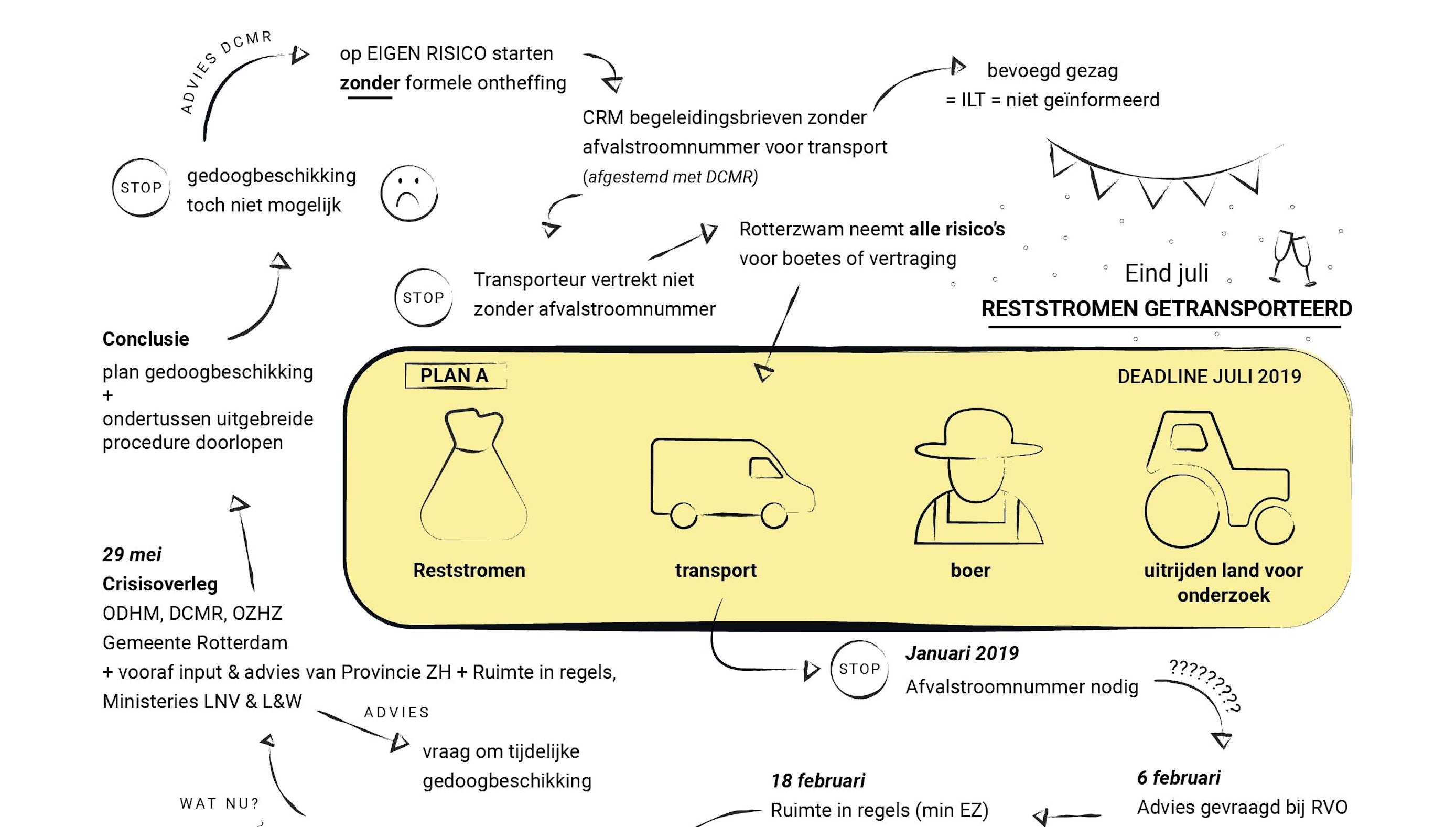
From plan to experiment: the legal waste stream soap
This blog series is about our "Back to the Soil" project, in which we investigate whether several organic waste streams can be used as soil improvers in arable farming and how this can be legally a...
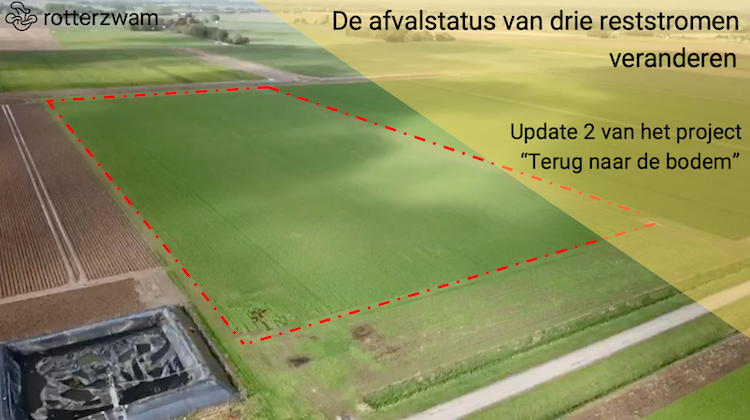
In July 2019, with a great deal of effort, we managed to spread approximately 45,000 kilos of three different residual flows on a test field in Voorne-Putten. It's now October, and a green manure h...
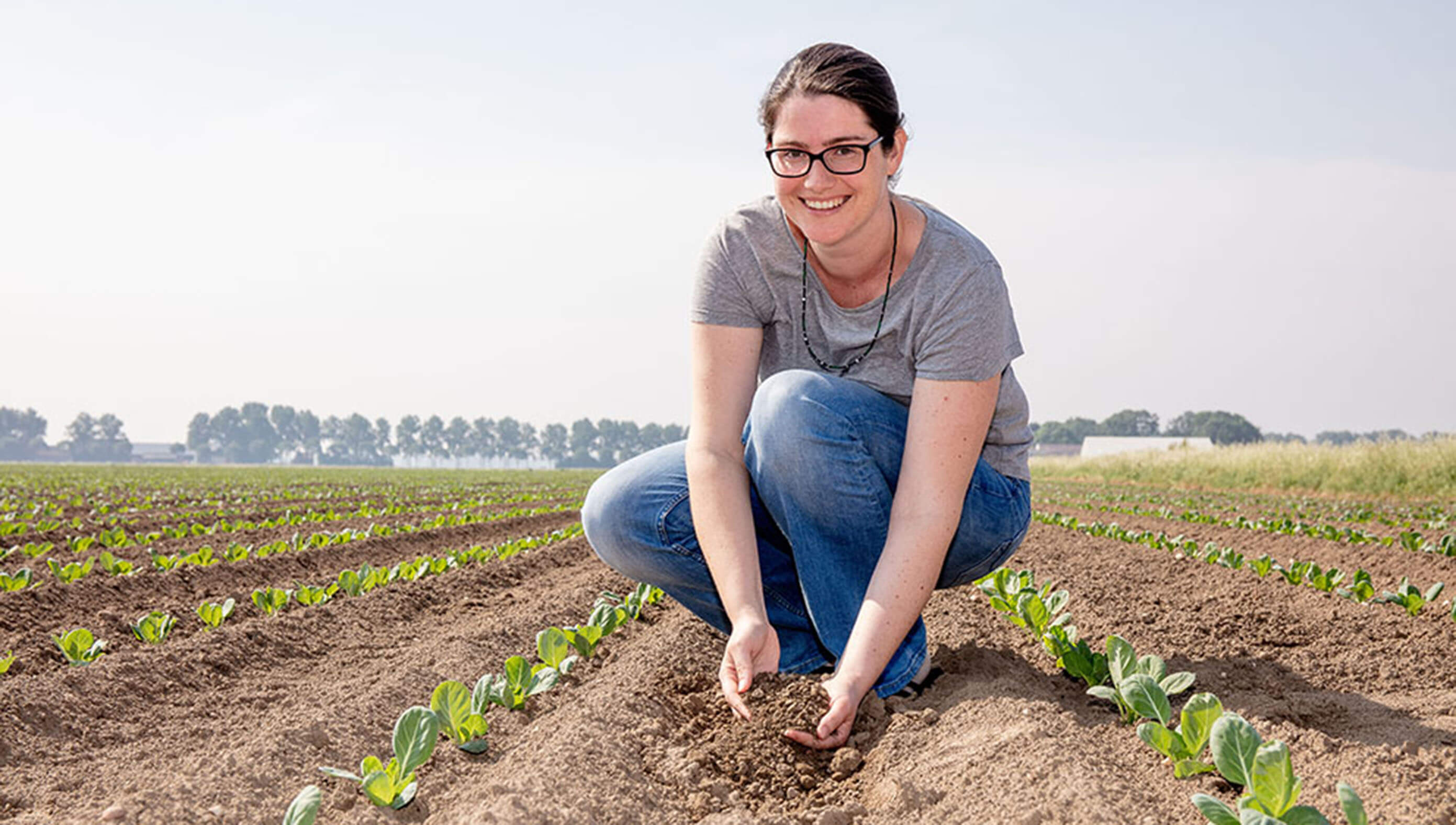
Organic waste flows on the soil: why?
Most people don't think about soil on a daily basis. Understandably. It's a brown mess, it gets your hands dirty, and it's not very exciting to look at. Yet, soil is so much more than that, and ...
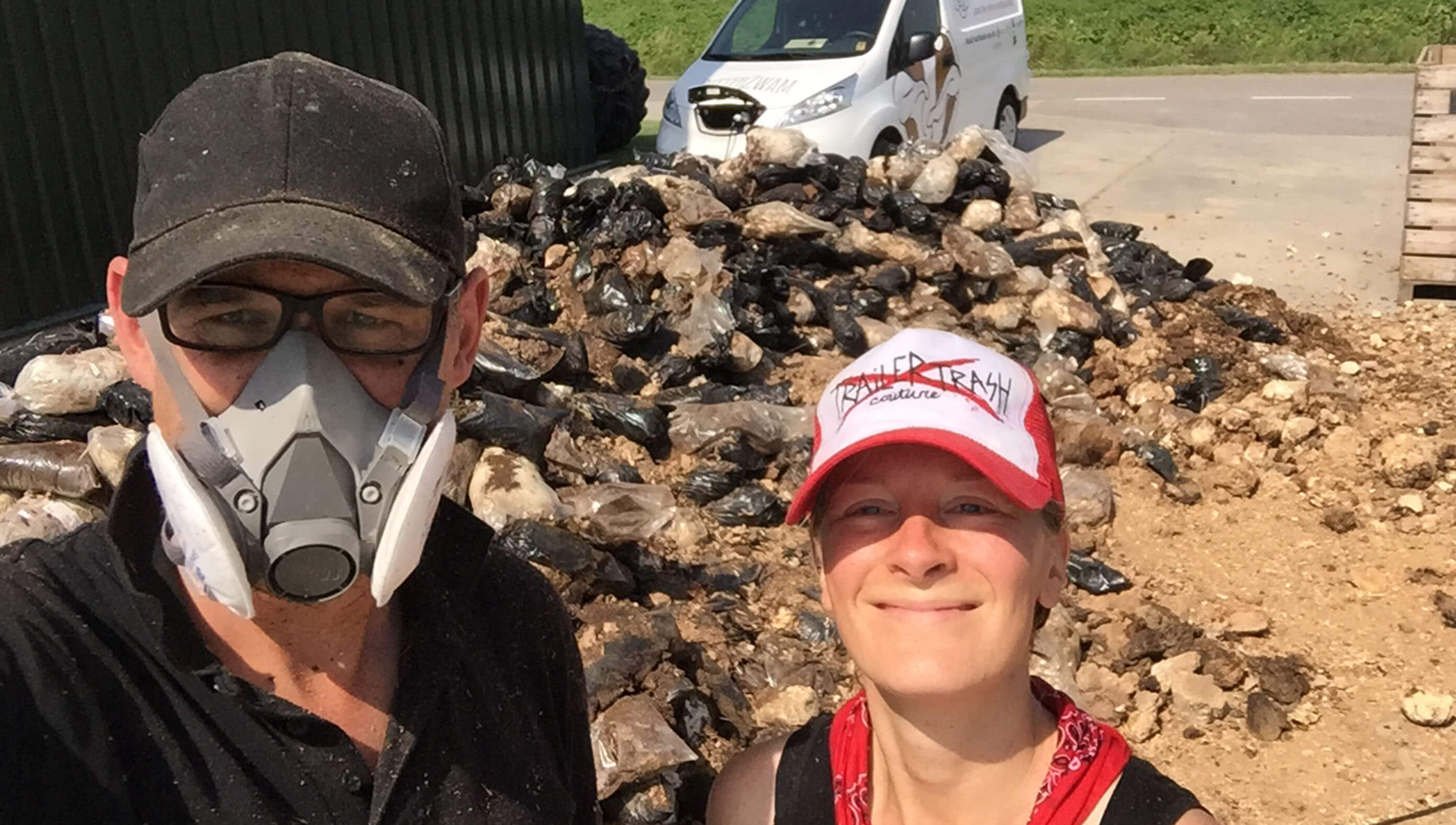
update 1: pot tests, collecting residual flows and spreading
This blog series is about our "Back to the Soil" project, in which we investigate whether several organic waste streams can be used as soil improvers in arable farming and how this can be legally i...
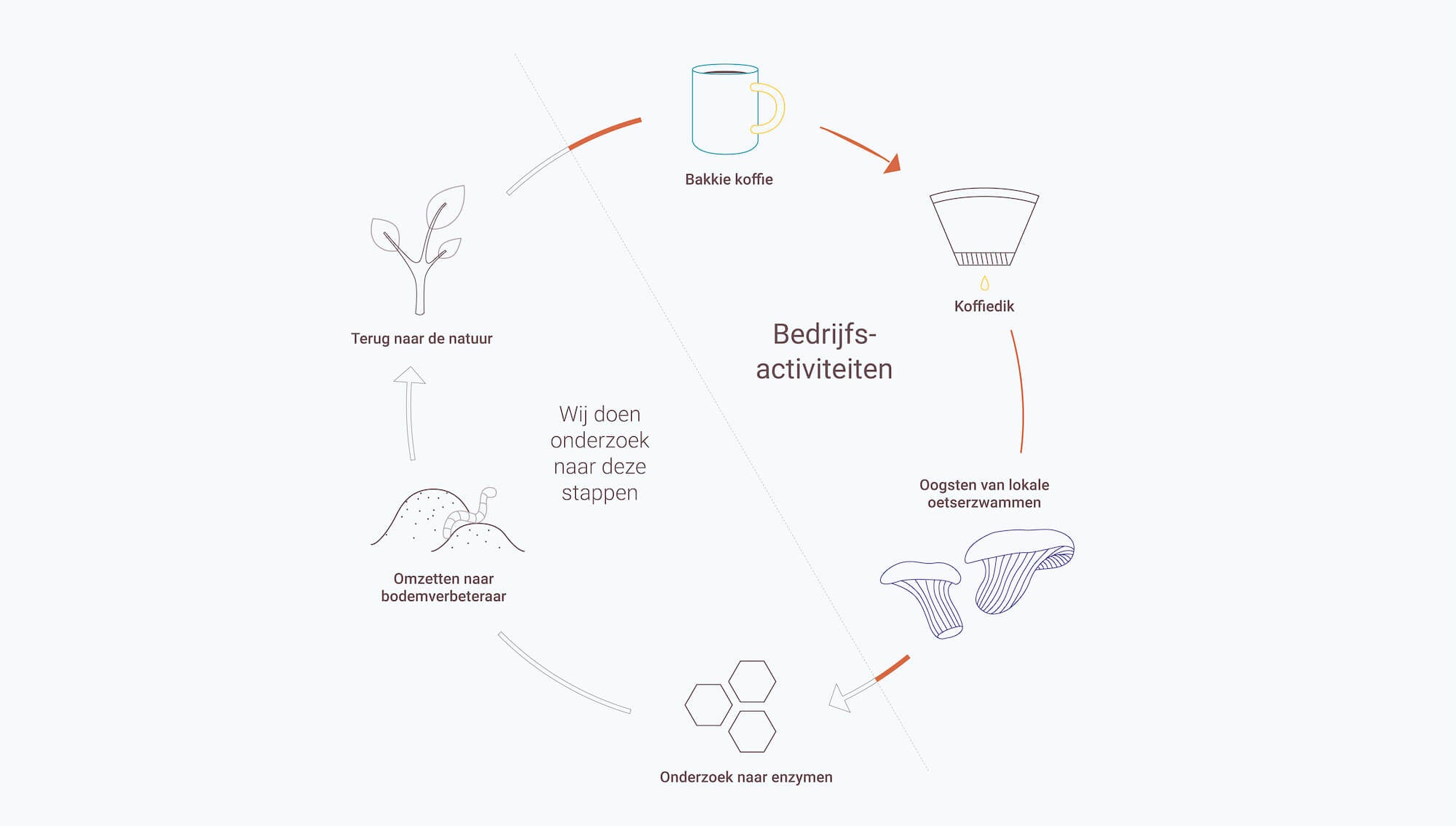
One plus one equals two: on the one hand, organic streams are available and incinerated with residual waste, and on the other, there's a shortage of these same organic streams. Reason enough to ex...
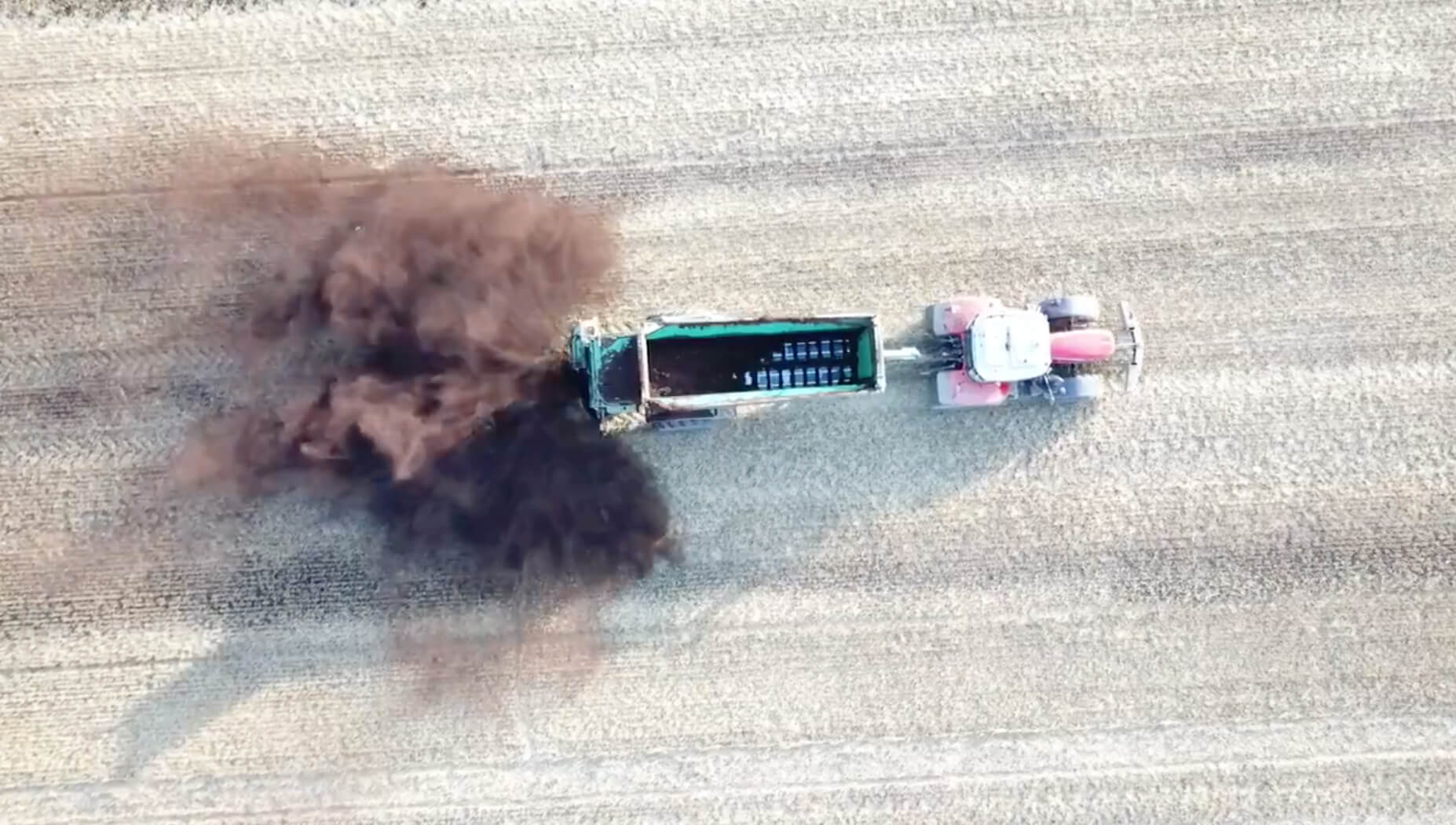
Blog series Back to the Soil: organic waste flows, waste legislation and soil research
This blog series is about our "Back to the Soil" project, in which we investigate whether several organic waste streams can be used as soil improvers in arable farming and how this can be legall...
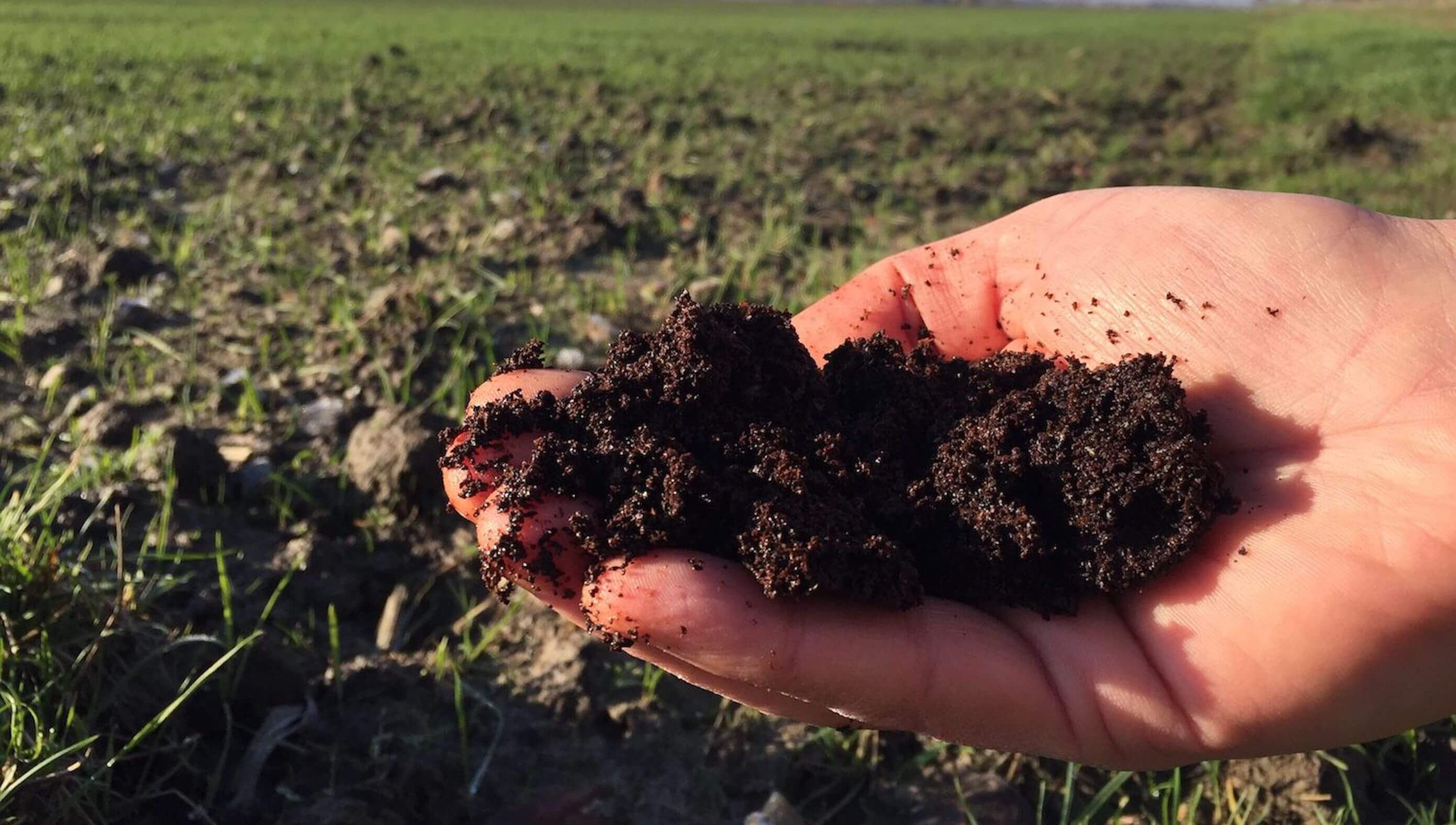
Back to the bottom, closing the loop
For five years, rotterzwam has been developing a decentralized solution for the highest possible quality processing of coffee grounds. A unique collaboration has been established with the "Back to ...

